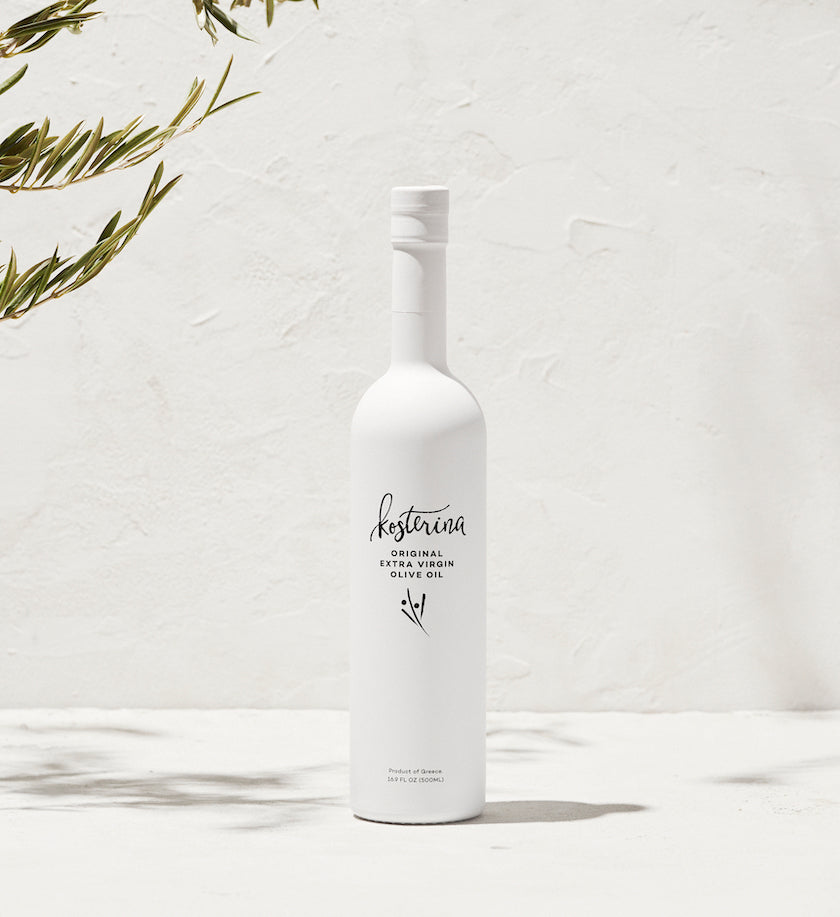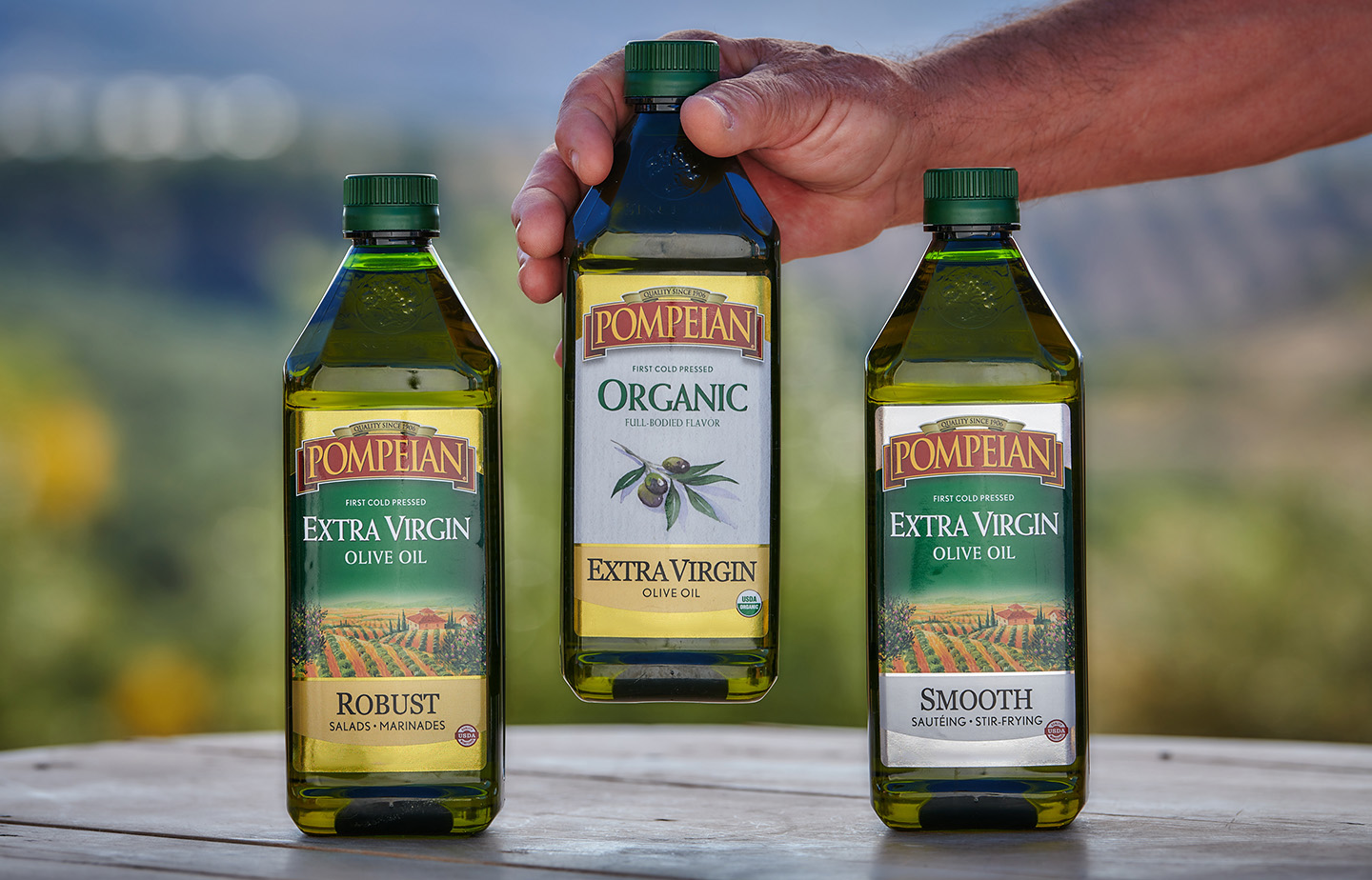Checking Out the Various Sorts Of Olive Oil and Their Uses, Consisting Of Extra Virgin Olive Oil
The expedition of olive oil incorporates a varied range of types, each offering cooking applications and unique tastes. Extra virgin olive oil, renowned for its premium high quality and wellness benefits, offers as a staple in many cooking areas, yet it is only one facet of this complex ingredient.
What Is Olive Oil?
Obtained from the fruit of the olive tree, olive oil is a staple in Mediterranean cuisine and a crucial component in various culinary applications. This versatile oil is created by pushing entire olives, leading to a liquid that varies in color, flavor, and aroma depending on the kind of olives used, the region of farming, and the removal procedure. Olive oil is predominantly made up of monounsaturated fats, particularly oleic acid, which is understood for its potential wellness benefits, consisting of anti-inflammatory residential properties and cardiovascular assistance.
Along with its cooking uses, olive oil has a long background of application in traditional medicine and skin care, owing to its rich antioxidant web content (extra virgin olive oil benefits). The oil is commonly used in dressings, marinates, and for cooking techniques such as sautéing and roasting. Its distinctive flavor account can boost the taste of various recipes, making it a crucial component for both home cooks and expert chefs
Additionally, olive oil is commemorated for its function in the Mediterranean diet regimen, which is related to numerous health benefits. As recognition of these benefits expands, olive oil continues to acquire popularity worldwide as a fundamental element of a healthy lifestyle.
Sorts Of Olive Oil
Understanding the numerous kinds of olive oil is important for both culinary fanatics and health-conscious customers. Olive oil is categorized largely based on its extraction technique and high quality, which considerably impacts its flavor, aroma, and health and wellness benefits.

Light olive oil, regardless of its name, describes a lighter taste and not reduced calories. It is excellent for those looking for a much more subtle preference in marinates and dressings. Furthermore, there are flavored olive oils instilled with natural herbs, spices, or citrus, which can improve meals without the demand for added flavoring.
Each kind of olive oil offers specific cooking objectives, and understanding these differences enables consumers to make enlightened choices that align with their cooking styles and wellness objectives.
Bonus Virgin Olive Oil
Extra virgin olive oil (EVOO) is extensively regarded as the best quality olive oil available, well known for its abundant taste and numerous health benefits. To be identified as added virgin, the oil needs to be generated from fresh olives making use of mechanical processes, without making use of solvents or too much warmth. This precise approach preserves the oil's all-natural flavors, anti-oxidants, and healthy and balanced fats, causing a product with a low level of acidity degree of less than 0.8%.
EVOO is plentiful in monounsaturated fats, especially oleic acid, which is linked to minimized swelling and enhanced heart health. It additionally includes polyphenols, effective anti-oxidants that might use protective impacts versus persistent conditions. The flavor account of EVOO can vary considerably relying on the olive variety and region of manufacturing, ranging from fruity and grassy to robust and peppery.

Culinary Use Olive Oil

In cooking, olive oil can be utilized for sautéing, roasting, and grilling, offering a healthier alternative to butter or other fats. Its high smoke factor makes it ideal for various cooking methods, while its antioxidants add to a heart-healthy diet regimen. Showering olive oil over ended up recipes, such as pasta, fish, or grilled veggies, can raise flavors and include a touch of sophistication.
Furthermore, olive oil plays a substantial duty in baking, where it can change traditional fats in dishes for bread and pastries, passing on moisture and a subtle taste. It also works as a base for instilled oils, enabling chefs to experiment with flavors such as garlic, herbs, or chili, additionally expanding its culinary possibility. In general, olive oil's flexibility makes it essential in both home and specialist cooking areas.
Picking High Quality Olive Oil
When selecting top quality olive oil, it's important to think about several vital factors that affect the visit here item's flavor, scent, and health and wellness benefits. First and primary, choose additional virgin olive oil (EVOO), which is stemmed from the very first cold pressing of olives and contains the highest degrees of antioxidants and helpful substances. Look for oils that are accredited by acknowledged organizations, as this often makes certain adherence to rigorous quality requirements.
The packaging likewise plays a significant function in preserving the oil's honesty. Select oils stored in dark glass containers or tins to shield versus light deterioration. Take note of the harvest date; fresher oils supply premium flavor and dietary worth, so pick products that are within 18 months of their harvest.
Be aware of the preference; an excellent top quality olive oil ought to have a balance of fruity, bitter, and peppery notes, showing its richness and complexity. By assessing these factors, you can guarantee you are choosing the finest olive oil for your cooking requirements.
Verdict
In recap, the expedition of different types of olive oil reveals unique characteristics and applications, with added virgin olive oil representing the peak of quality due to its reduced level of acidity and high antioxidant content. Understanding the various selections of olive oil permits for informed selections in food preparation approaches, promoting healthier methods while enhancing the overall gastronomic experience.
Obtained from the fruit of the olive tree, olive oil is a staple in Mediterranean cuisine and a key component in various cooking applications.The most usual types of olive oil consist of refined olive oil, pure olive oil, and light olive oil.Extra virgin olive oil (EVOO) is commonly pertained to as the greatest quality olive oil available, celebrated for its rich flavor and countless health benefits. Decide for additional virgin olive oil (EVOO), which is obtained from the initial chilly pressing of olives and consists of the greatest levels of antioxidants and useful substances.In summary, the exploration of various types of olive oil exposes unique attributes and applications, with extra virgin olive oil standing for the peak of quality due to Full Article its reduced acidity and high antioxidant material.